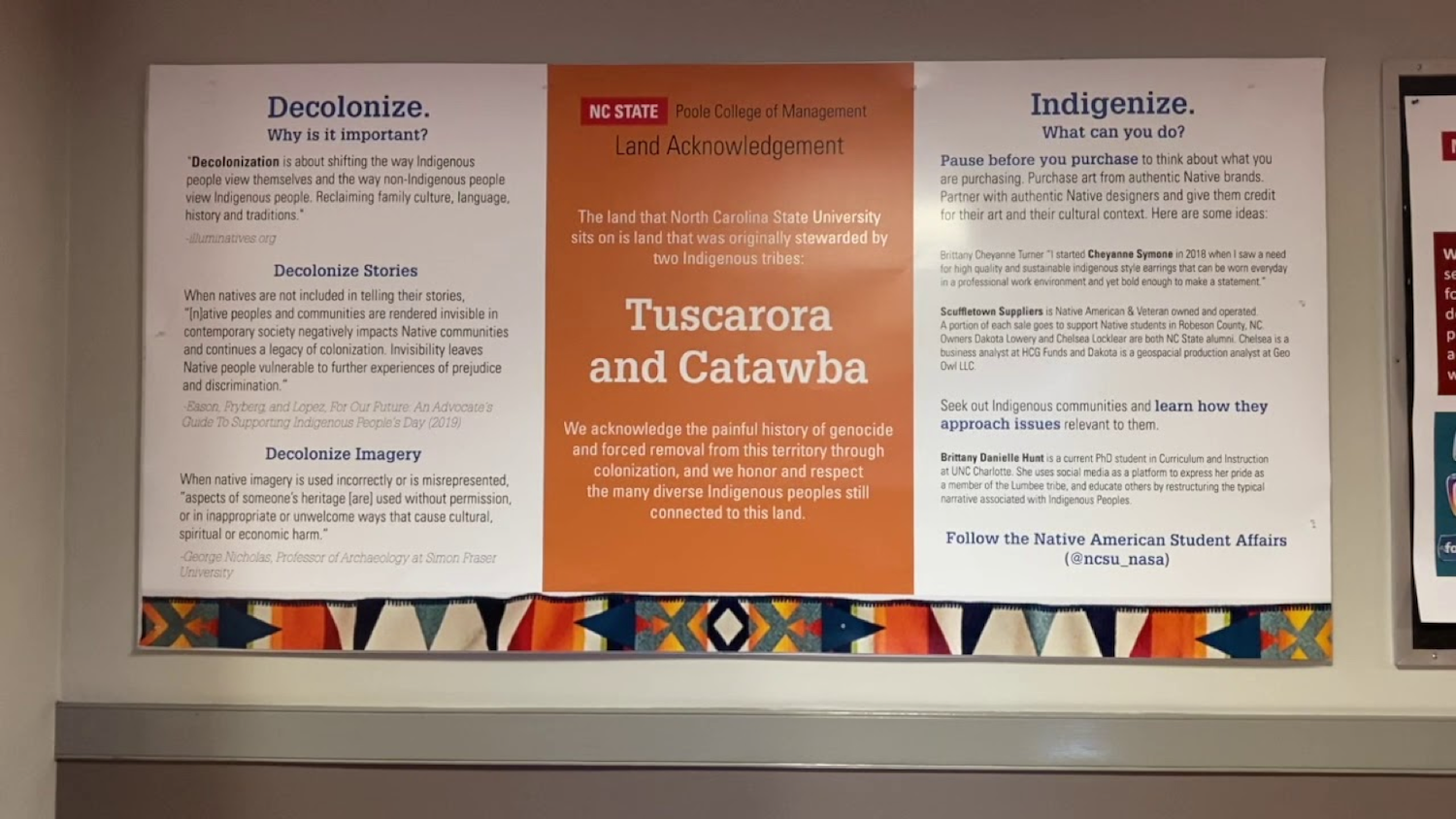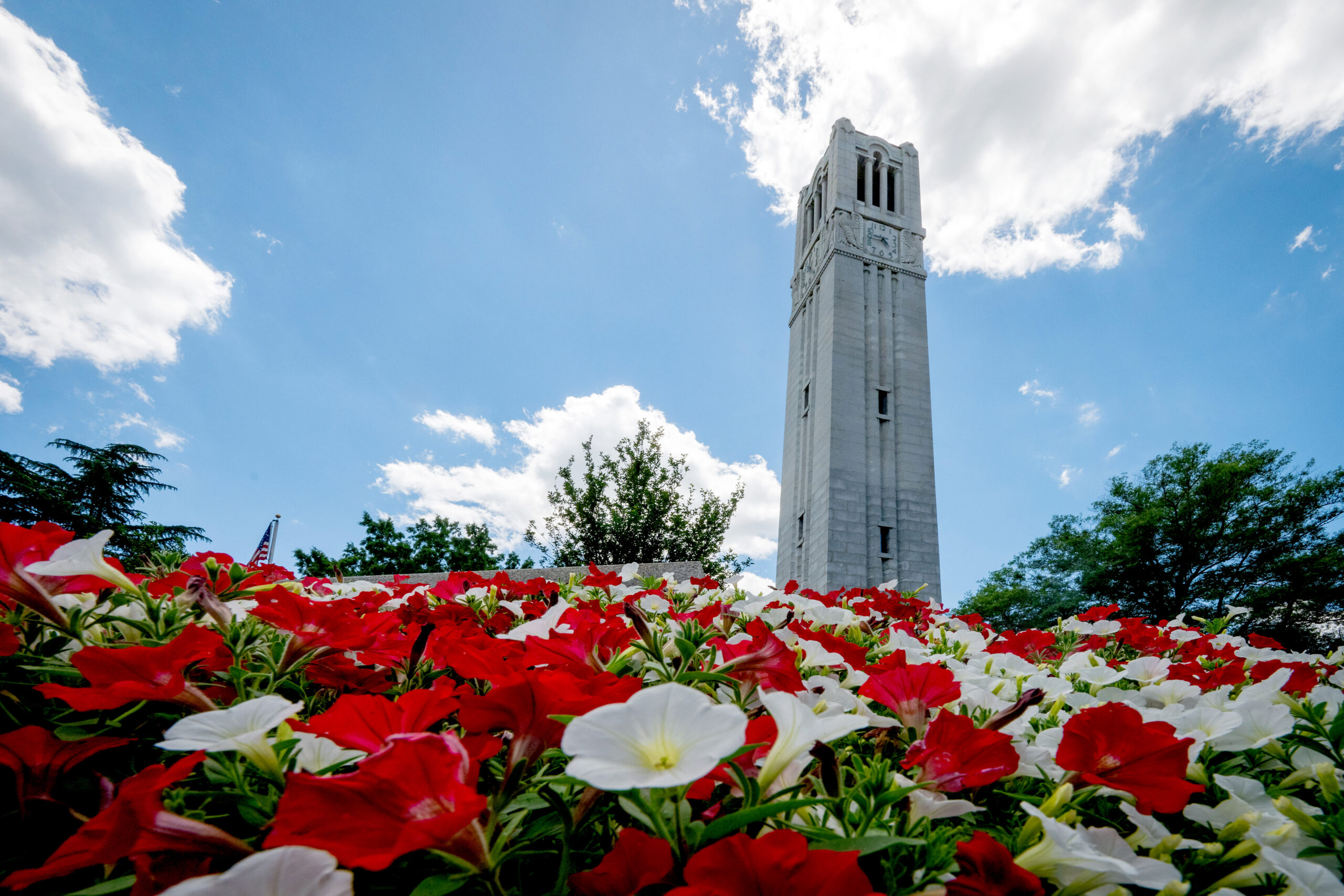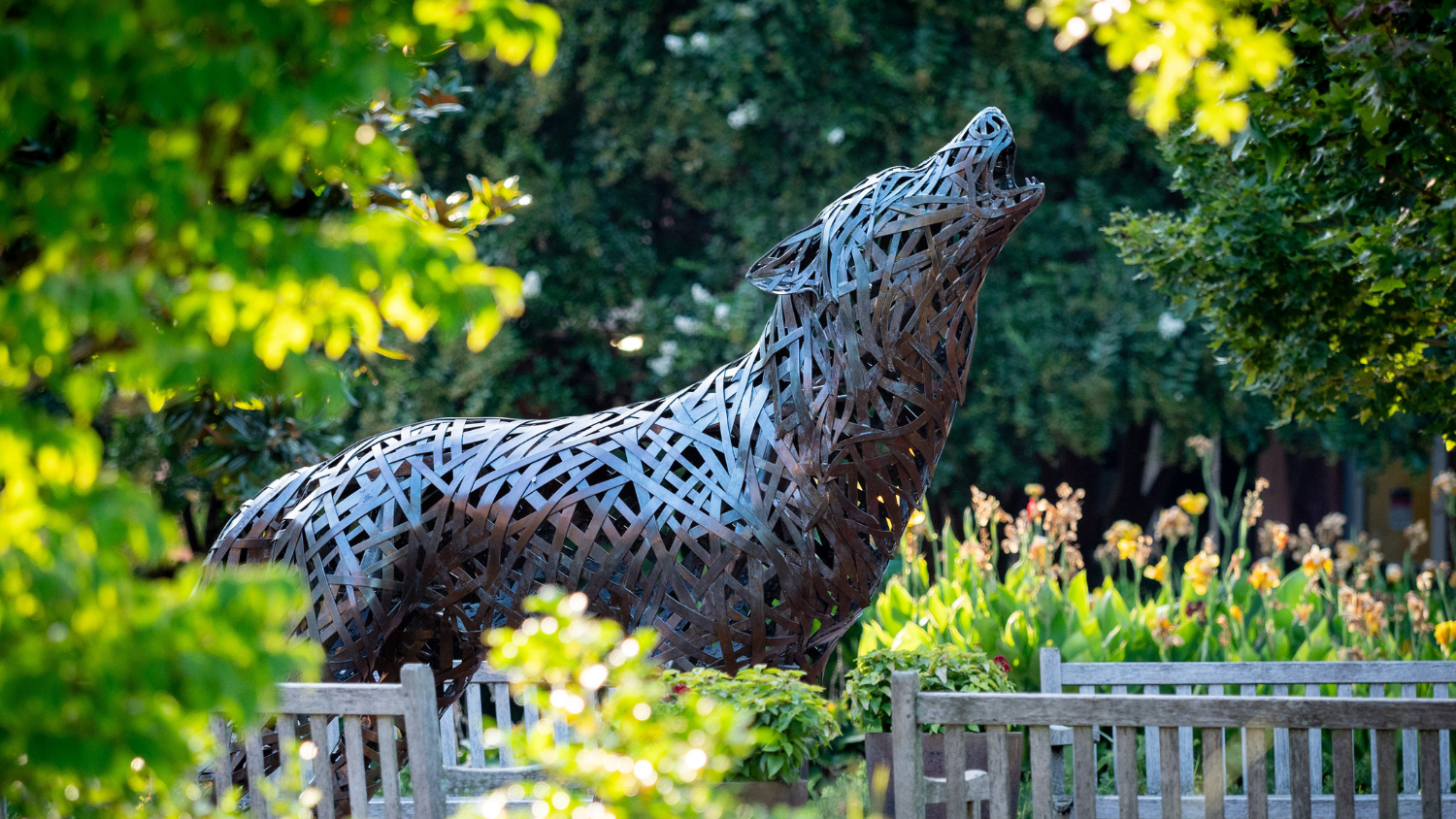8 Things to Know About Native American Heritage Month
November is Native American Heritage Month, but we can celebrate Indigenous people each and every day. Starting with land acknowledgments, supporting community events, buying from Indigenous artists and donating to Indigenous organizations.
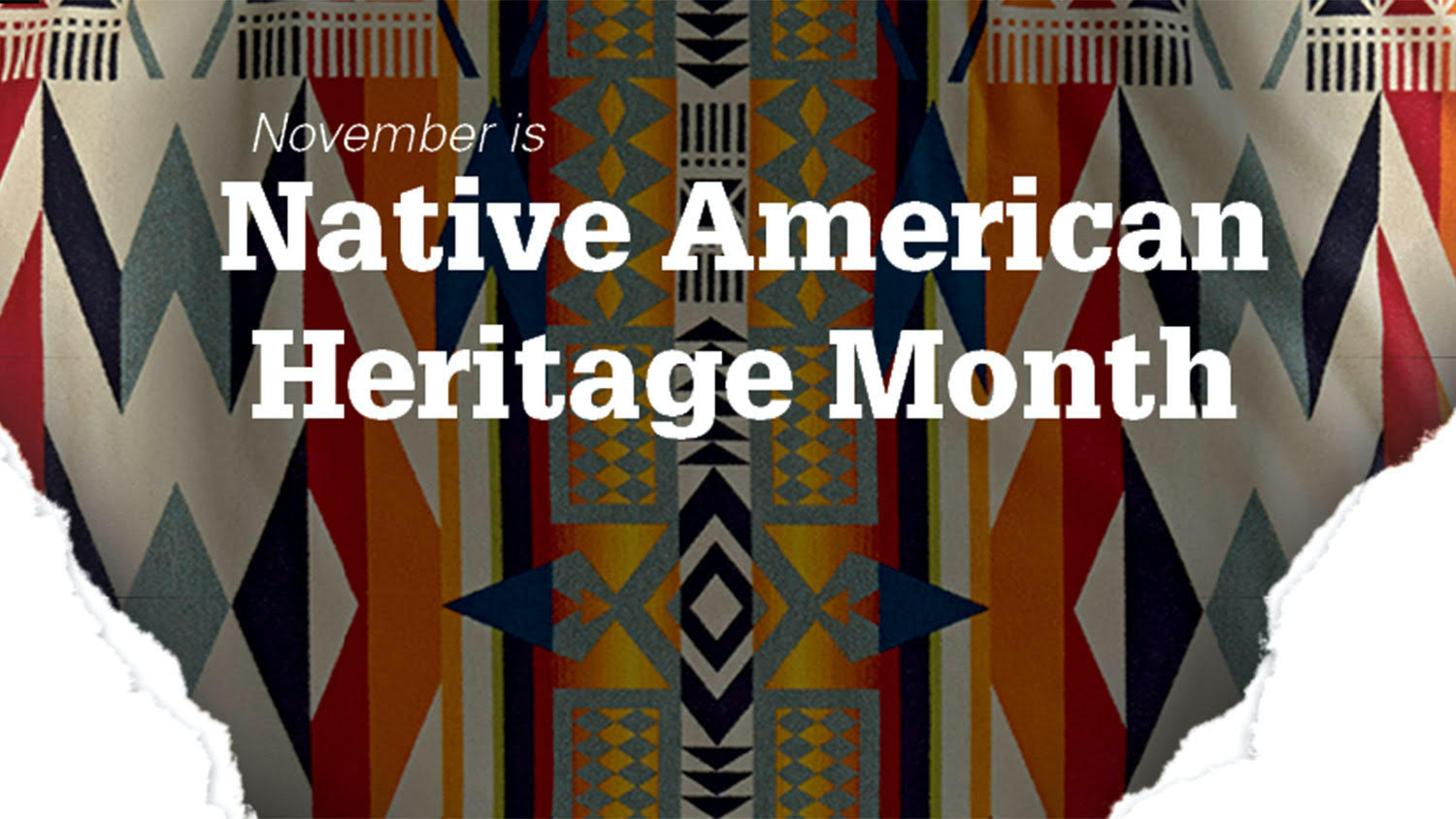
By Sabrina Saleha
November is nationally recognized as Native American Heritage Month. It is a month of celebration of the beauty of Indigenous cultures. Celebrating the tremendous positive significance Native people have made in this country, but also remembering horror of past and current mistreatment of Native communities who continue to fight for recognition, equality and peace.
1. Celebrate Indigenous people today and everyday
On August 3, 1990, the month of November was recognized by former President George H. W. Bush as Native American Heritage Month. During this month, take the time to recognize the people, culture, traditions, crafts, and music that existed in the United States before it became what we know today.
2. There are over 600 tribes in the U.S.
Each tribe has its own unique culture, language, foods, dances, songs, stories and beliefs. Each nation has its own sovereignty and, unlike the inaccurate portrayal of Native people in the media, Native Americans are not a monolith.
3. North Carolina is home to 8 tribes
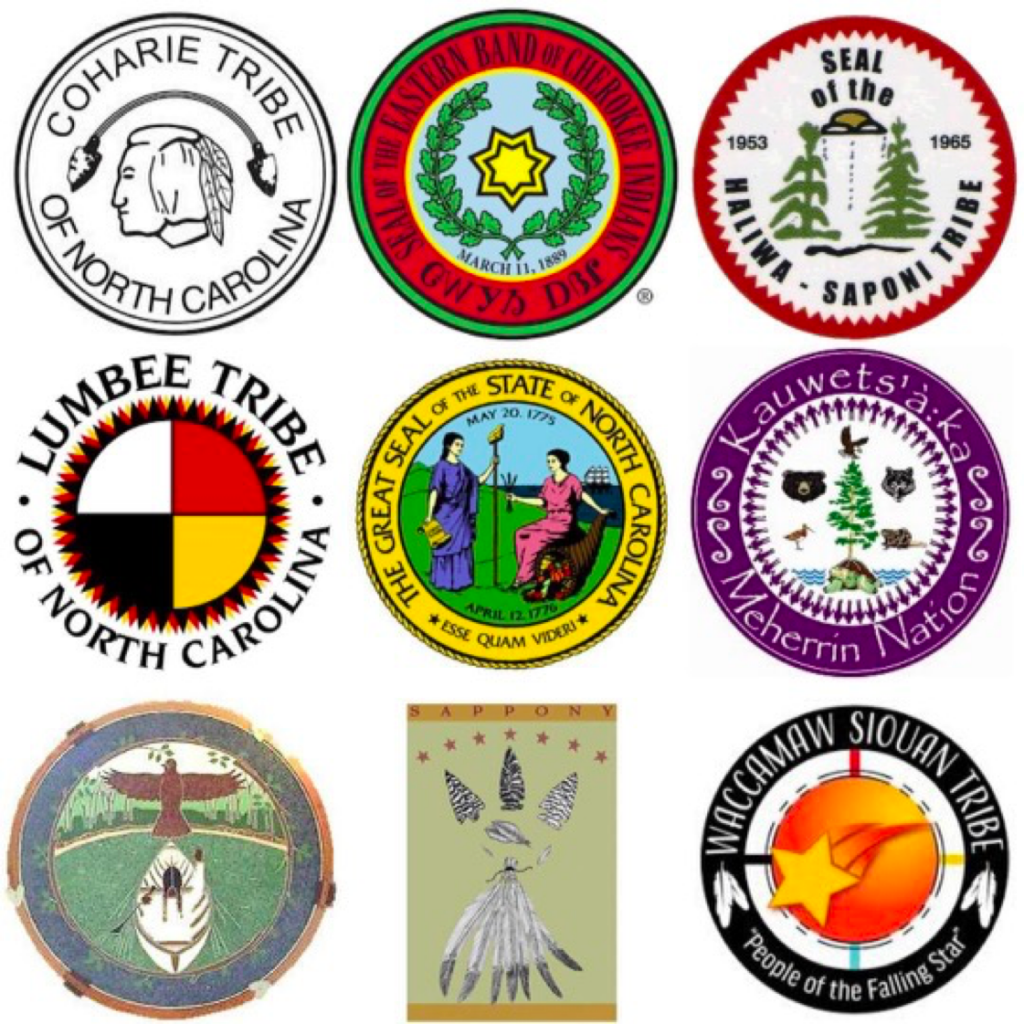
North Carolina is home to the largest Native American population east of the Mississippi River.
- Eastern Band of Cherokee
- Coharie
- Lumbee
- Hailwa-Saponi
- Sappony
- Meherrin
- Occaneechi Band of Saponi Nation
- Waccamaw-Siouan
4. The Lumbee Recognition Act
November 16, 2020, the U.S. House of Representatives unanimously approved The Lumbee Recognition Act that would give Lumbee Nation Federal recognition as a tribe. An arduous journey for Lumbee Nation as they have sought full recognition since the 1800s.
The next step is moving the bill to the Senate floor, then to the Oval Office.
5. Acknowledge the land you’re on
The land North Carolina State University sits on is land originally stewarded by Tuscarora and Catawba land.
Poole College of Management has displayed the land acknowledgment last year outside.
Normalizing land acknowledgments and learning which Native land you are on weaves Indigenous contributions to the American story. It helps prevent and undo harmful stereotypes and recognizes that Native history started long before 1492. It serves to tell the full historical narrative that Native Americans are very much still here, and will be here in the future for many generations to come.
You can acknowledge the land you’re on at the start of meetings, tagging your Instagram post locations and events. Land acknowledgments are a critical first step to bring healing and revitalization to Indigenous stories.
6. Decolonization is essential
As we begin to dissect the colonial legacy, it becomes evident that the Indigenous narrative is either inaccurate or left out of history. Erasure and hyper-invisibility are pervasive for the Indigenous communities. This leaves collateral damage in Native people constantly fighting for their existence and representation among all facets of society.
Decolonizing our stories is a way to reclaim their culture and identity. It is a way for non-Indigenous allies to support and celebrate Native people.
7. There are Native American student organizations on campus
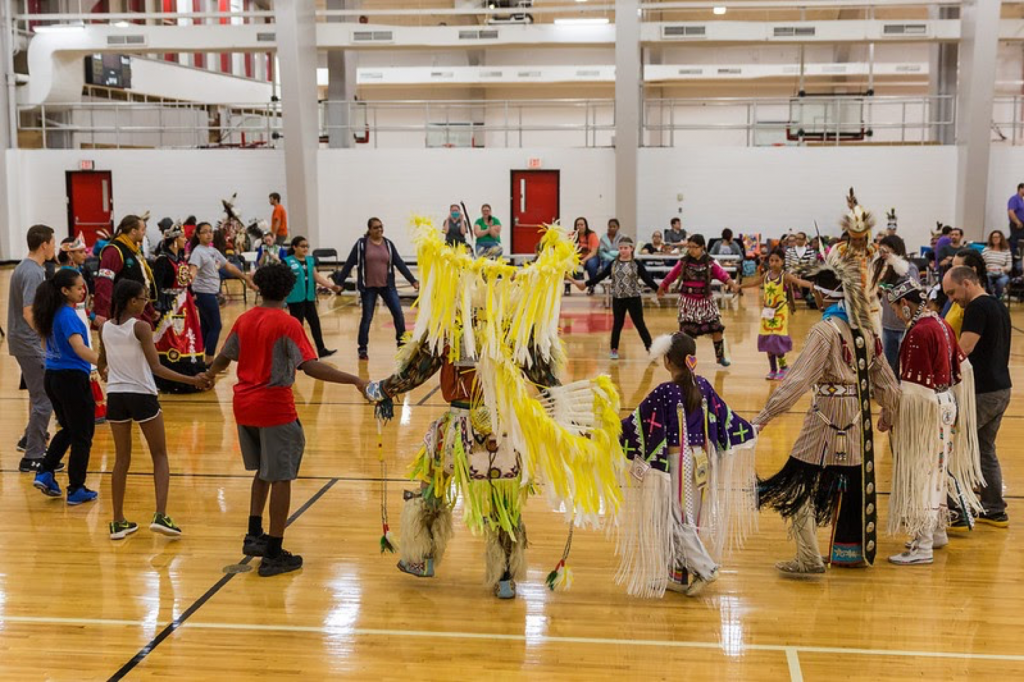
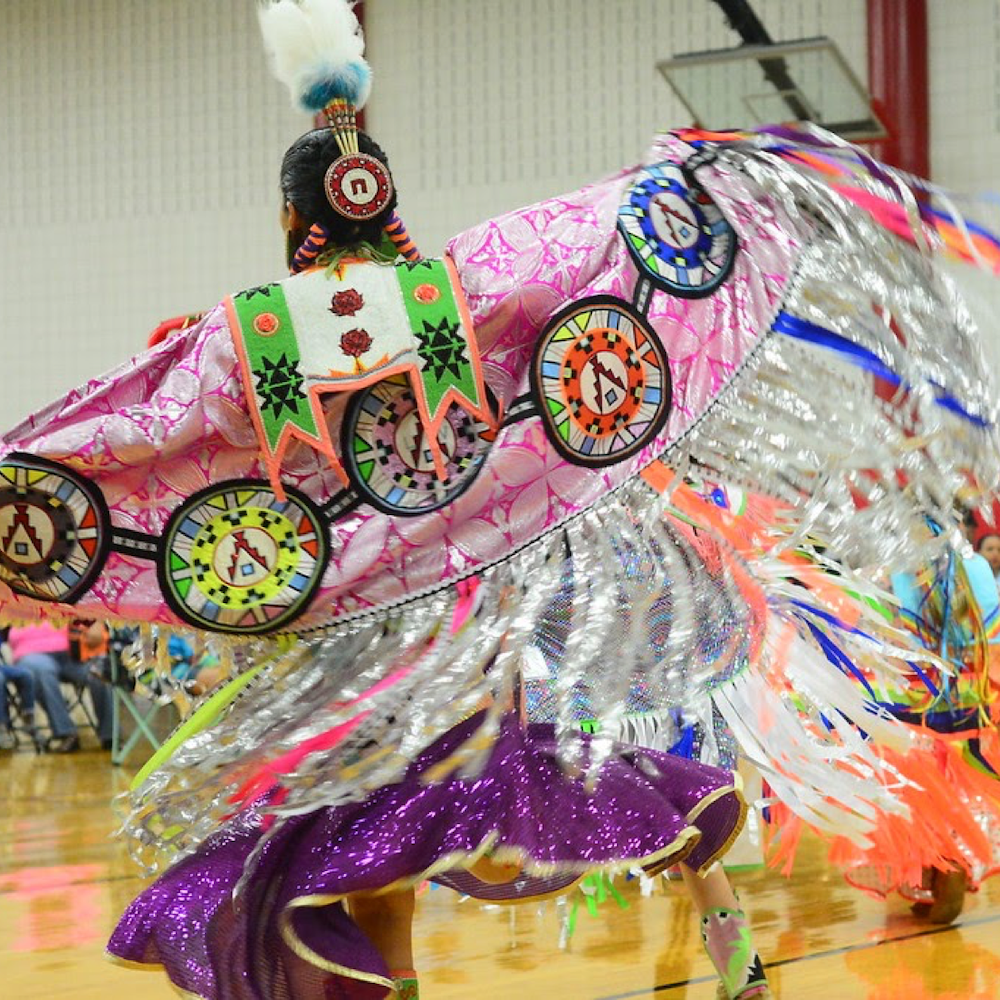
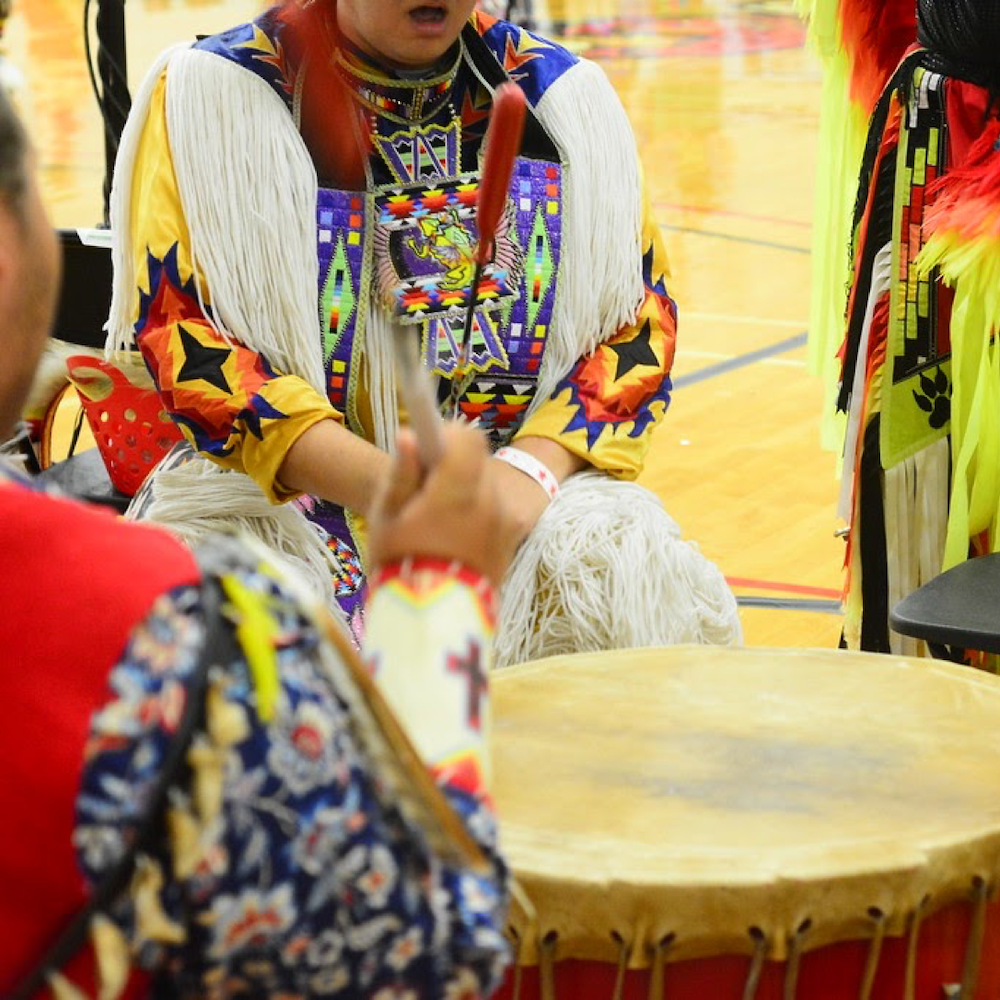
Native American organizations foster the Indigenous community and hold numerous events throughout the year. In the past, they held their Annual Powwow in the spring, Rock your Mocs, and more.
Learn more about NC State Native American student organizations:
Native American Student Association (NASA)
This organization was formed to create a community among the Native American Students here at NC State. NASA’s aim is to focus on the cultures of Native American ancestors and to enrich the awareness of others on campus and the surrounding community. NASA is open to all people of all races who want to learn more about the indigenous people of this land.
American Indian Sciences and Engineering Society (AISES)
The purpose of AISES is to promote the recruitment, admission and retention of Native American STEM at NC State University at the undergraduate and graduate levels. Their efforts include appropriate counseling, financial, academic, educational and social resources.
Native American Sororities and Fraternities
- Alpha Pi Omega: the country’s oldest Native American Greek letter organization
- Phi Sigma Nu: the first national American Indian Fraternity established and recognized by an institution of higher learning.
- Sigma Omicron Epsilon: strives to promote the advancement of its members and Native Americans in higher education.
8. View the highlights of our Native American students
Meet Seth Locklear, a Native American student who is from the Lumbee Tribe of North Carolina located in Pembroke. He is a senior majoring in business administration with a concentration in information technology with a minor in sociology.
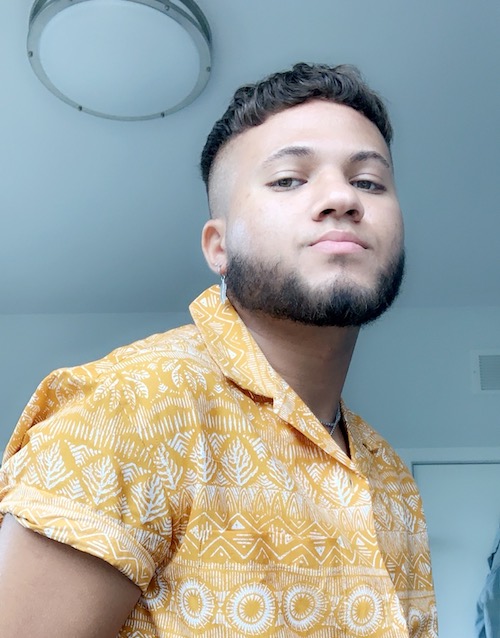
“Being a Native American student at a major university called for adaptation, especially transitioning from a very rural community into Raleigh’s densely populated city,” said Locklear. “I struggled. I strived to fit in for a very long time before I realized being different and having a unique culture with various values allowed me to stand out. Now, I embrace it.”
- Categories:
